Sam Altman reverses threat to ‘leave Europe’ over AI regulations
Altman’s comments during a panel discussion on Wednesday sparked criticism from EU lawmakers
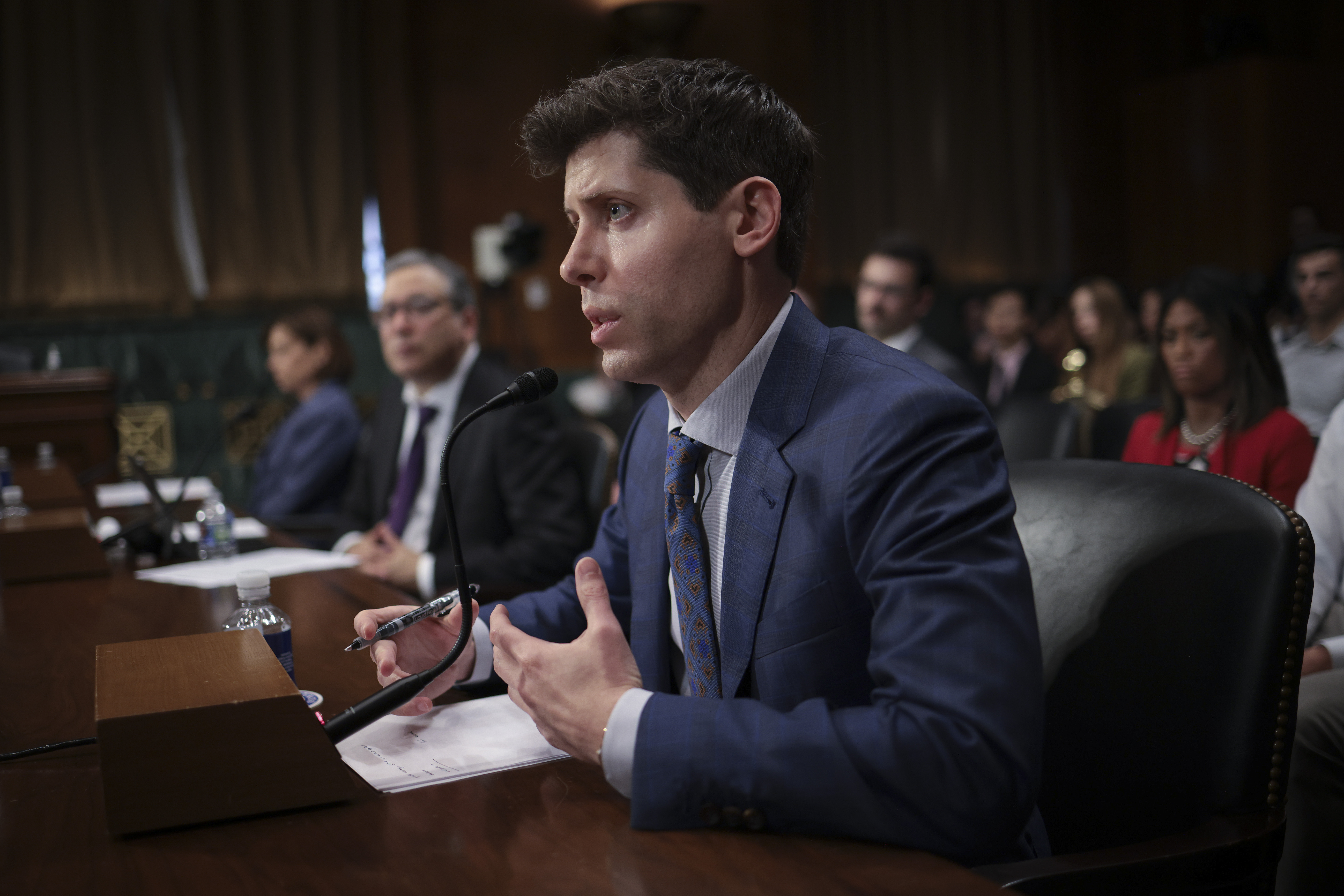

OpenAI chief executive Sam Altman has reneged on threats that the generative AI company could “leave Europe” due to an impending regulatory crackdown.
Earlier this week at an event in London, Altman suggested the company may pull out of Europe if it could not comply with upcoming AI regulations being considered by EU lawmakers.
While participating in a panel discussion at University College London (UCL), Altman said the company will “try to comply” with the pending regulations. However, he later told Reuters that, in their current state, the proposals would amount to “over regulating”.
“Either we’ll be able to solve those requirements or not,” Altman told attendees. “If we can comply, we will, and if we can’t, we’ll cease operating. We will try. But there are technical limits to what’s possible.”
The threat to back out of Europe sparked criticism from lawmakers across the union. Thierry Breton, European commissioner for internal markets, hit back at the comments, stating that rules on AI development “cannot be bargained”.
“Let’s be clear, our rules are put in place for the security and well-being of our citizens and this cannot be bargained,” he told Reuters on Thursday.
“Europe has been ahead of the curve designing a solid and balanced regulatory framework for AI which tackles risks related to fundamental rights or safety, but also enables innovation for Europe to become a frontrunner in trustworthy AI,” Breton added.
Get the ITPro daily newsletter
Sign up today and you will receive a free copy of our Future Focus 2025 report - the leading guidance on AI, cybersecurity and other IT challenges as per 700+ senior executives
very productive week of conversations in europe about how to best regulate AI! we are excited to continue to operate here and of course have no plans to leave.May 26, 2023
The backlash appears to have prompted Altman to renege on his comments. In a tweet sent on 26 May, Altman confirmed the company has no plans to leave Europe.
“Very productive week of conversations in Europe about how to best regulate AI,” he said. “We are excited to continue to operate here, and of course have no plans to leave.”
What prompted the pull-out threats?
The EU is currently working on a standardized set of rules to govern and regulate the development and use of generative AI technologies.
RELATED RESOURCE

AI inferencing with AMD EPYC™ processors
Providing an excellent platform for CPU-based AI inferencing
Under the current proposals, the regulations would see OpenAI systems such as GPT-4 designated as “high risk”, meaning that it would be forced to comply with additional safety requirements.
Other proposals would require companies such as OpenAI to disclose whether copyrighted materials have been used to train systems such as ChatGPT.
These aspects of the regulations have sparked concern at OpenAI, with critics suggesting that it would severely inhibit innovation and cause significant long-term issues.
The company has repeatedly argued that systems such as ChatGPT are not inherently high risk.

Ross Kelly is ITPro's News & Analysis Editor, responsible for leading the brand's news output and in-depth reporting on the latest stories from across the business technology landscape. Ross was previously a Staff Writer, during which time he developed a keen interest in cyber security, business leadership, and emerging technologies.
He graduated from Edinburgh Napier University in 2016 with a BA (Hons) in Journalism, and joined ITPro in 2022 after four years working in technology conference research.
For news pitches, you can contact Ross at ross.kelly@futurenet.com, or on Twitter and LinkedIn.
-
 AI is helping bad bots take over the internet
AI is helping bad bots take over the internetNews Automated bot traffic has surpassed human activity for the first time in a decade, according to Imperva
By Bobby Hellard
-
 Two years on from its Series B round, Hack the Box is targeting further growth
Two years on from its Series B round, Hack the Box is targeting further growthNews Hack the Box has grown significantly in the last two years, and it shows no signs of slowing down
By Ross Kelly
-
 OpenAI woos UK government amid consultation on AI training and copyright
OpenAI woos UK government amid consultation on AI training and copyrightNews OpenAI is fighting back against the UK government's proposals on how to handle AI training and copyright.
By Emma Woollacott
-
 DeepSeek and Anthropic have a long way to go to catch ChatGPT: OpenAI's flagship chatbot is still far and away the most popular AI tool in offices globally
DeepSeek and Anthropic have a long way to go to catch ChatGPT: OpenAI's flagship chatbot is still far and away the most popular AI tool in offices globallyNews ChatGPT remains the most popular AI tool among office workers globally, research shows, despite a rising number of competitor options available to users.
By Ross Kelly
-
 ‘DIY’ agent platforms are big tech’s latest gambit to drive AI adoption
‘DIY’ agent platforms are big tech’s latest gambit to drive AI adoptionAnalysis The rise of 'DIY' agentic AI development platforms could enable big tech providers to drive AI adoption rates.
By George Fitzmaurice
-
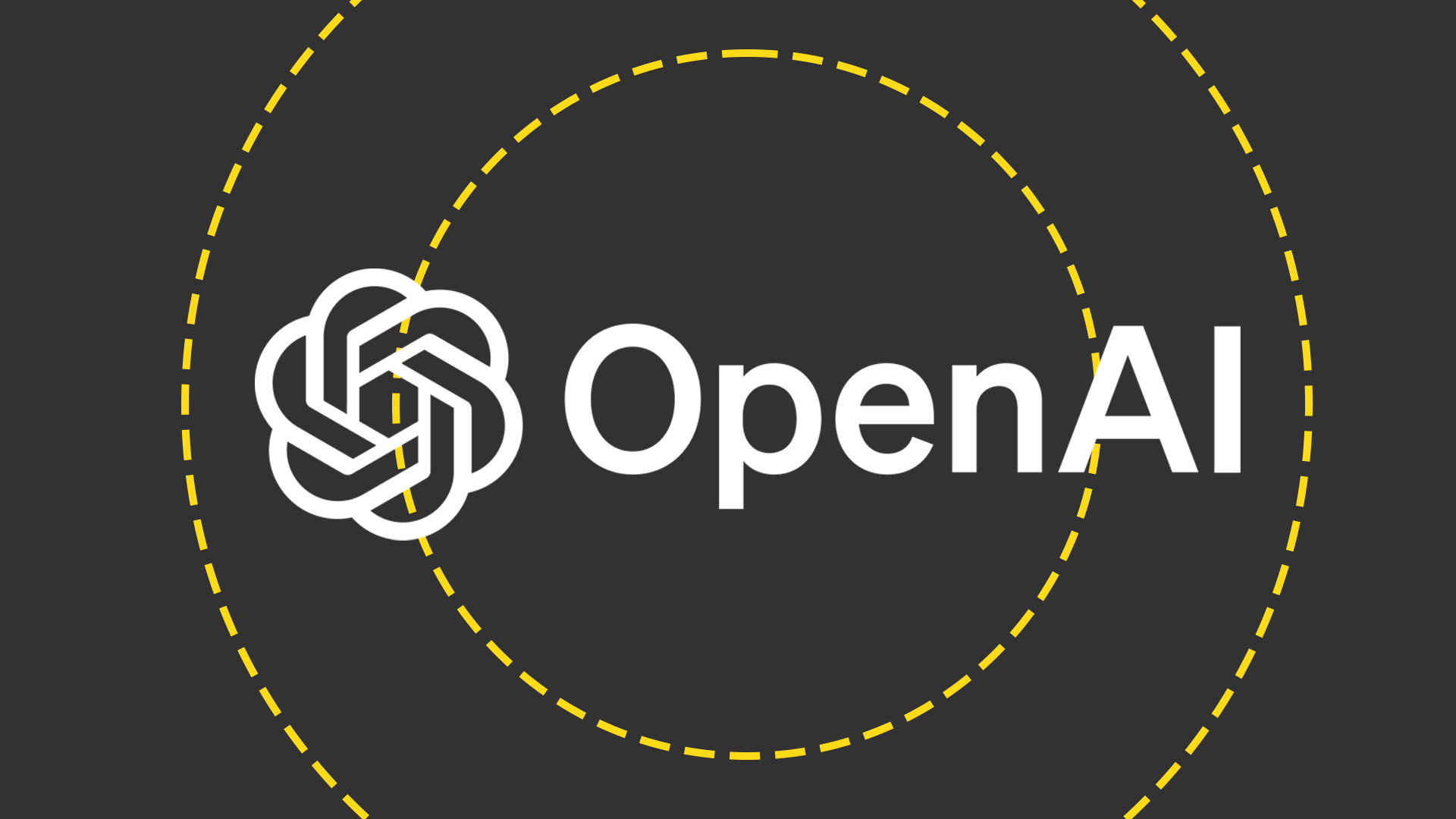 OpenAI wants to simplify how developers build AI agents
OpenAI wants to simplify how developers build AI agentsNews OpenAI is releasing a set of tools and APIs designed to simplify agentic AI development in enterprises, the firm has revealed.
By George Fitzmaurice
-
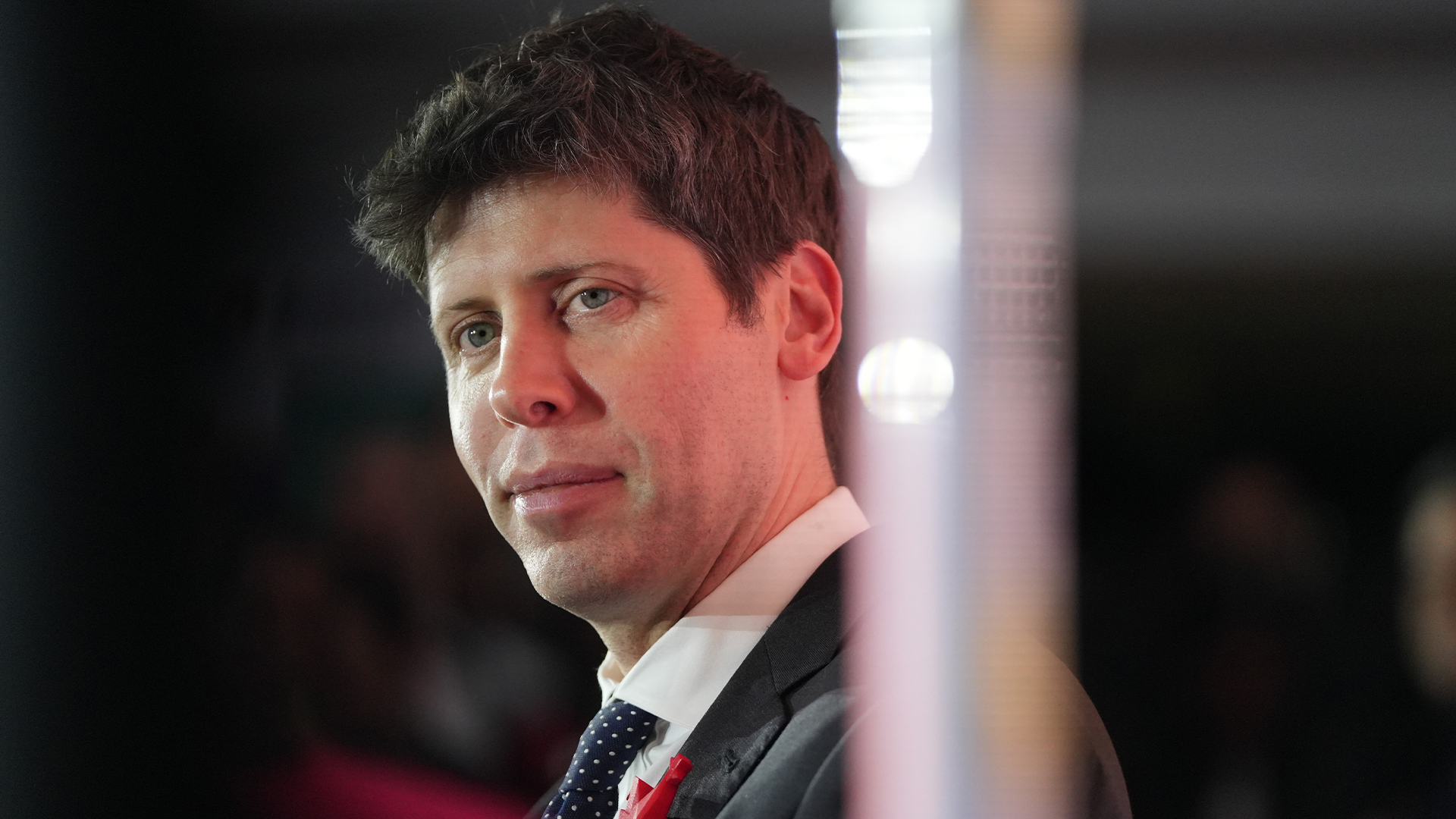 Elon Musk’s $97 billion flustered OpenAI – now it’s introducing rules to ward off future interest
Elon Musk’s $97 billion flustered OpenAI – now it’s introducing rules to ward off future interestNews OpenAI is considering restructuring the board of its non-profit arm to ward off unwanted bids after Elon Musk offered $97.4bn for the company.
By Nicole Kobie
-
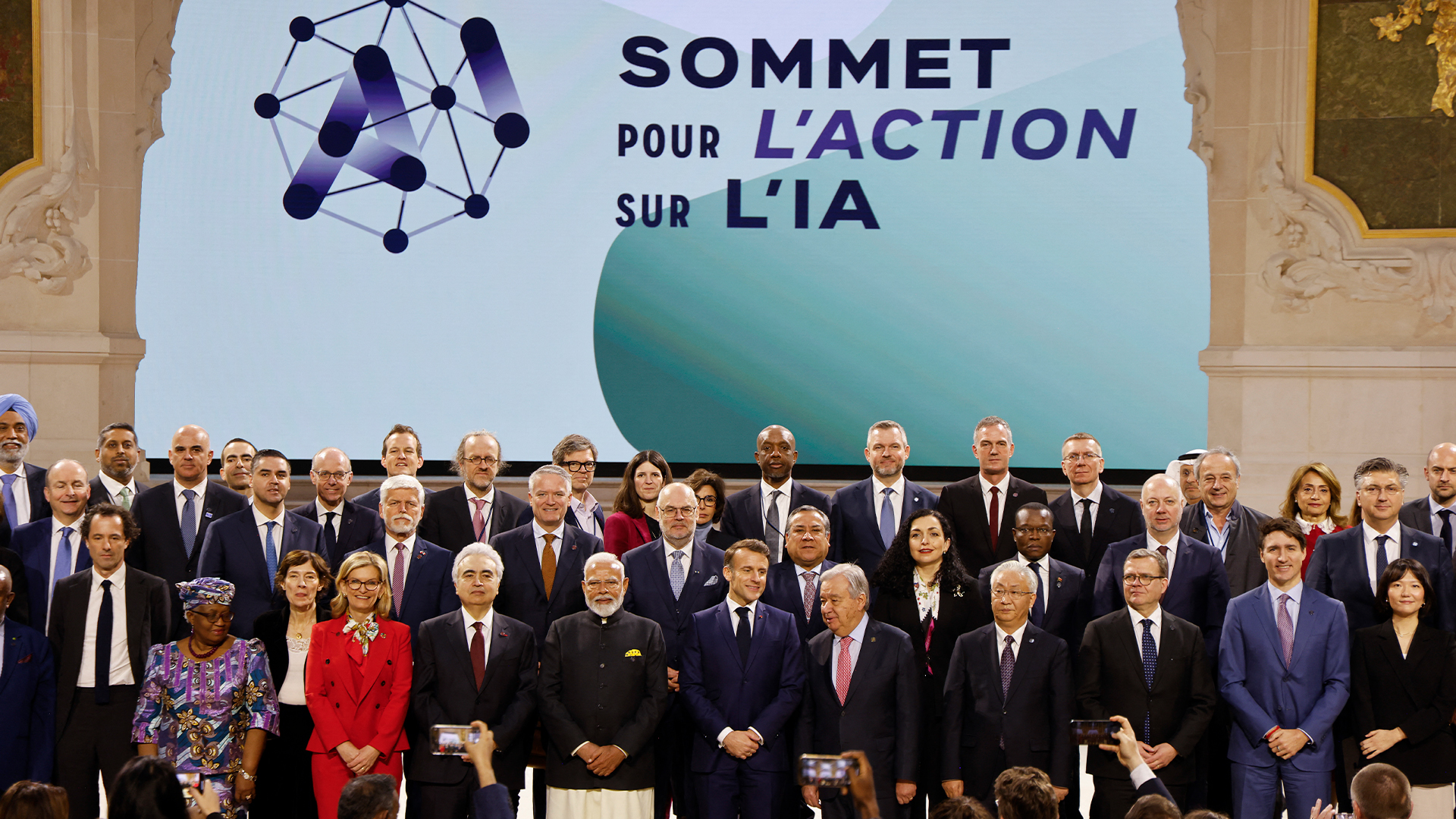 UK and US reject Paris AI summit agreement as “Atlantic rift” on regulation grows
UK and US reject Paris AI summit agreement as “Atlantic rift” on regulation growsNews The UK and US have refused to sign an international agreement on AI governance amid concerns over "practical clarity'.
By Emma Woollacott
-
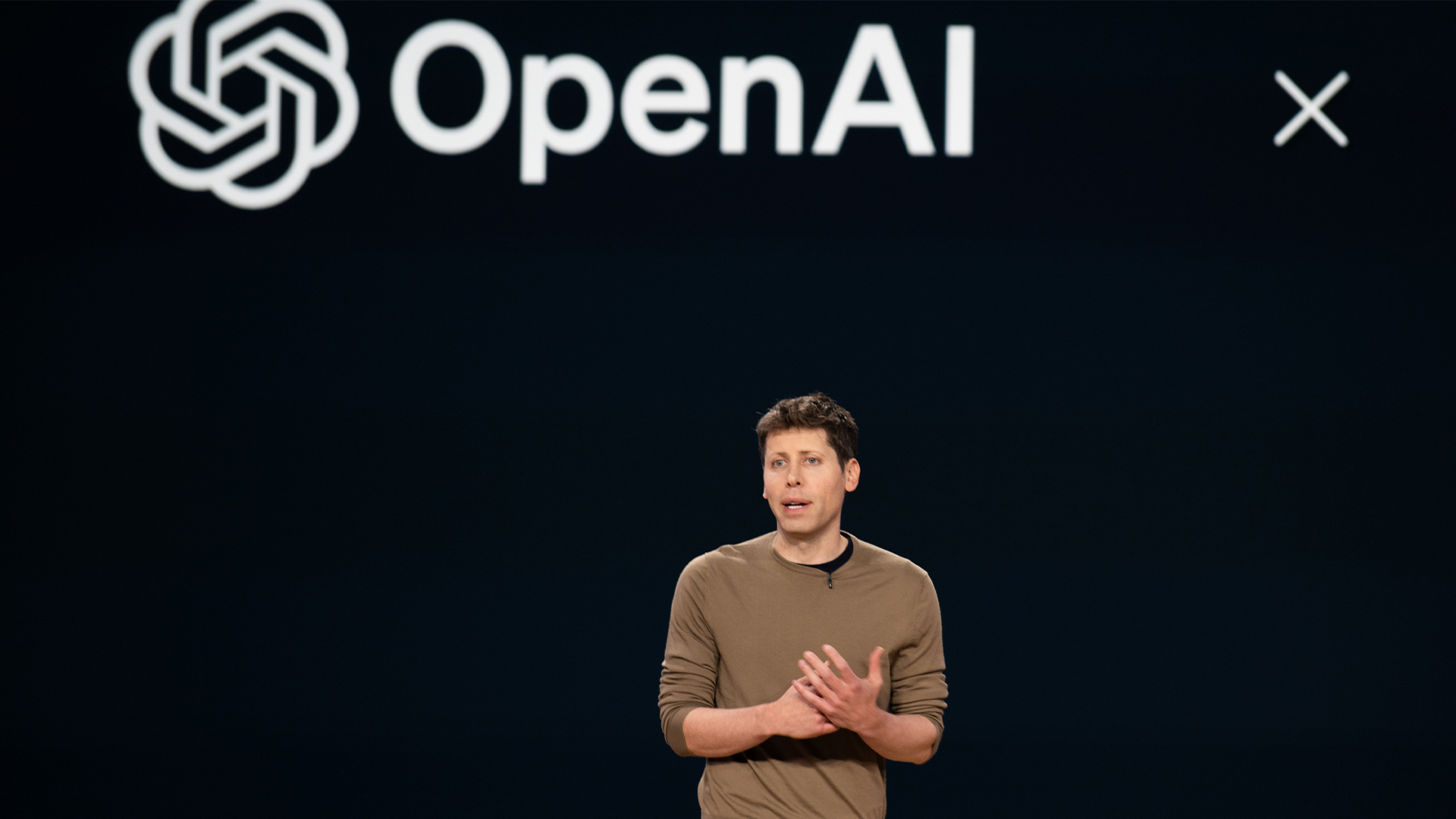 Sam Altman says ‘no thank you’ to Musk's $97bn bid for OpenAI
Sam Altman says ‘no thank you’ to Musk's $97bn bid for OpenAINews OpenAI has rejected a $97.4 billion buyout bid by a consortium led by Elon Musk.
By Nicole Kobie
-
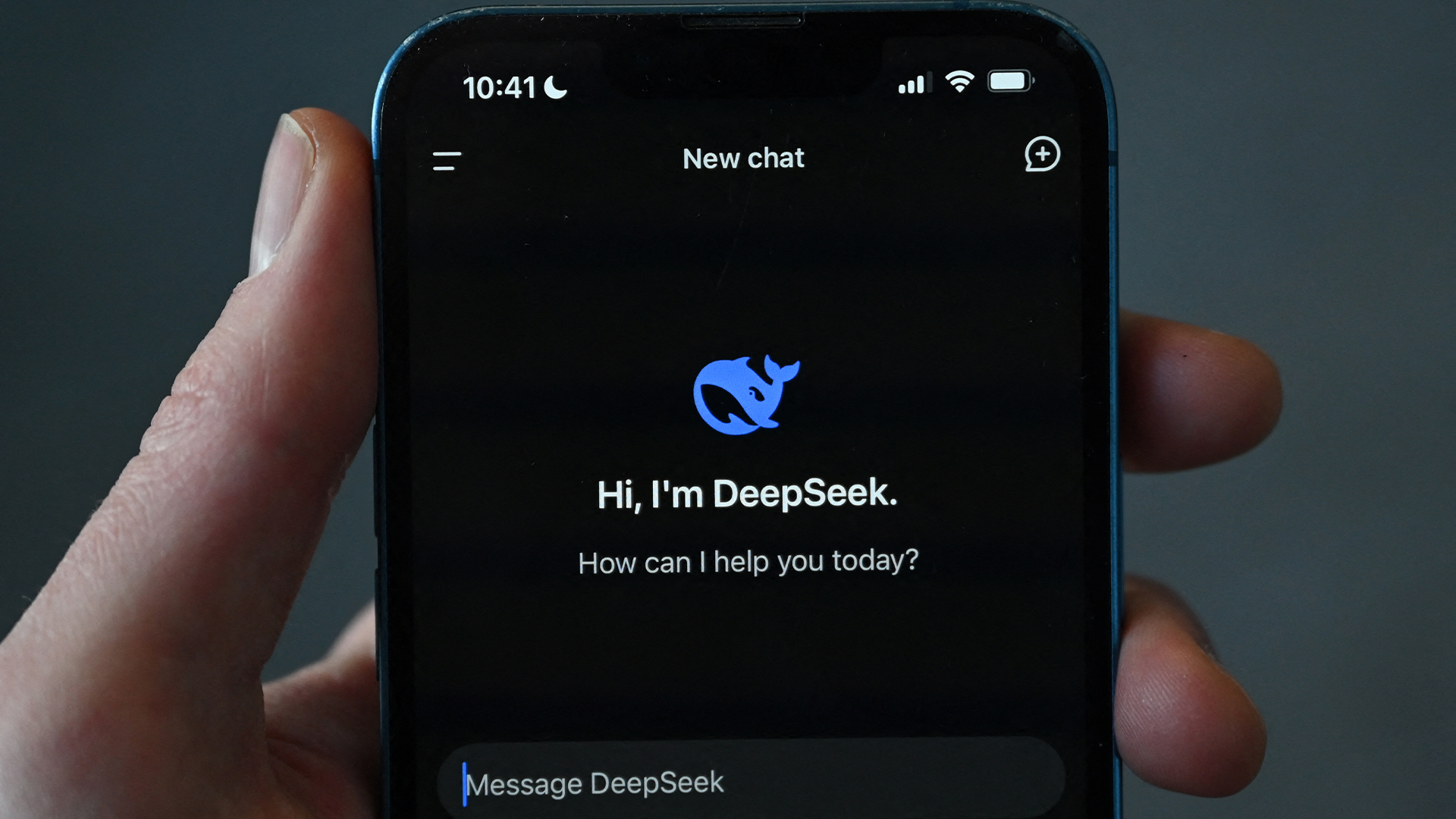 Looking to use DeepSeek R1 in the EU? This new study shows it’s missing key criteria to comply with the EU AI Act
Looking to use DeepSeek R1 in the EU? This new study shows it’s missing key criteria to comply with the EU AI ActNews The DeepSeek R1 AI model might not meet key requirements to comply with aspects of the EU AI Act, according to new research.
By Rory Bathgate